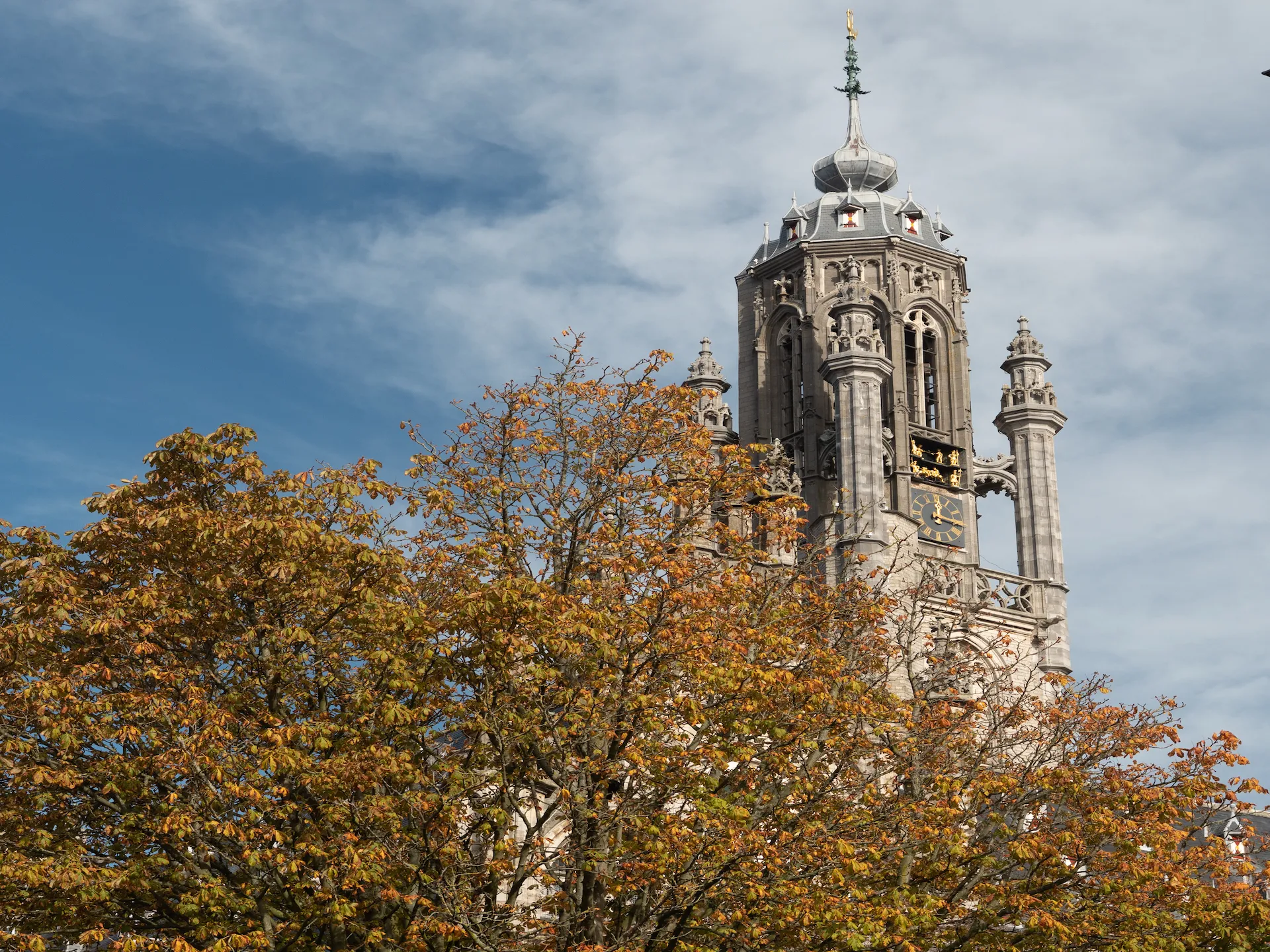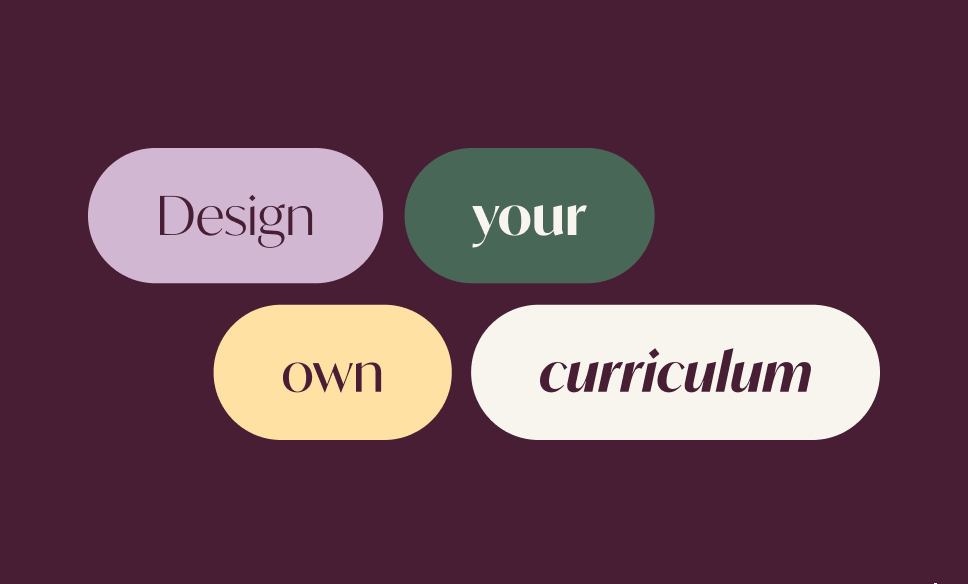Sustainability
Sustainability
Part of the Environment & Sustainability Cluster.
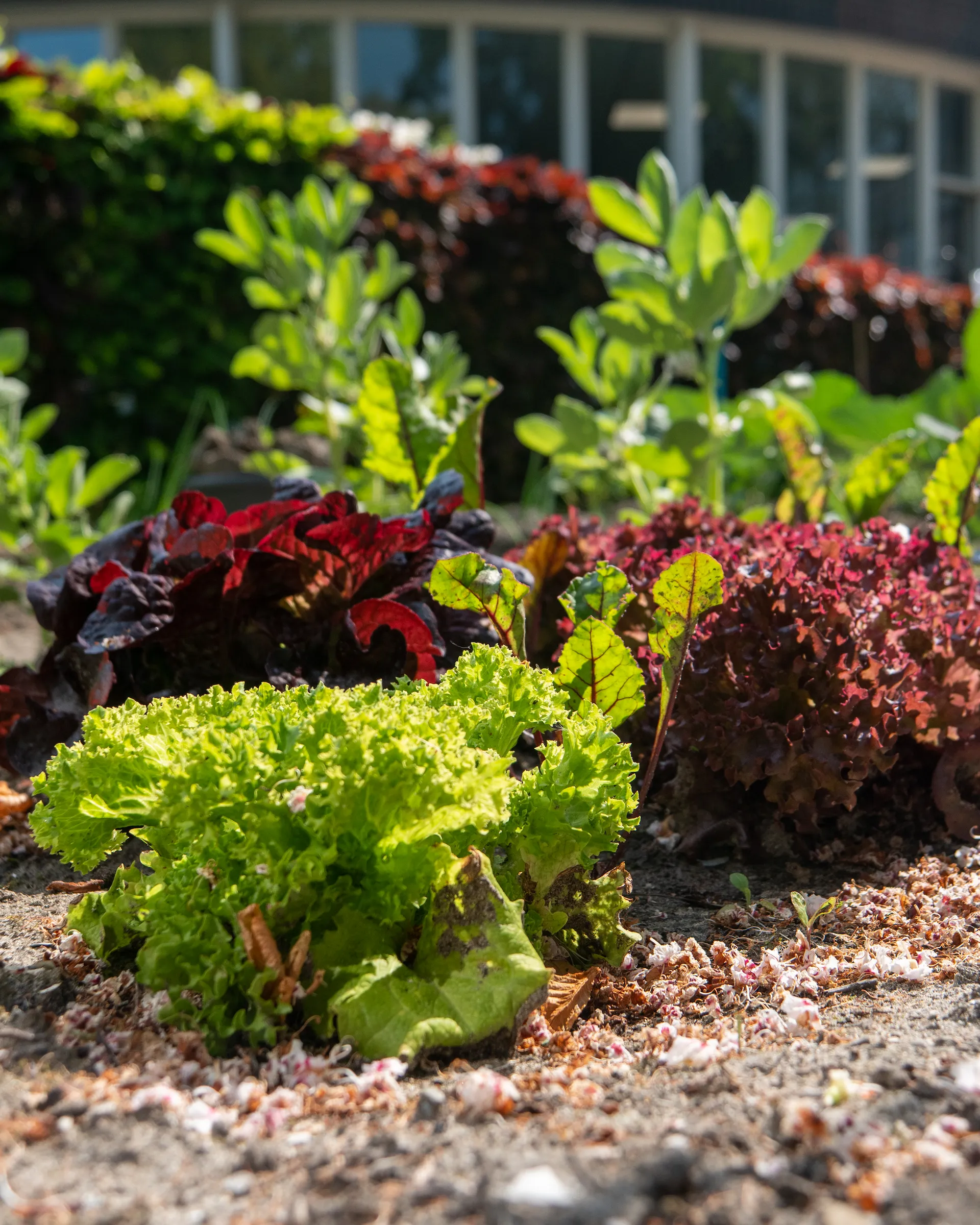
Sustainability examines how we can meet today’s needs without compromising the future of our planet. You will study climate change, renewable energy, circular economies, and strategies for combating misinformation around these topics. From life cycle assessments to designing clean energy systems, you learn to use tools to analyze environmental challenges and create practical, equitable solutions. Whether you’re exploring climate justice or spatial planning, sustainability connects science, society, and innovation in pursuit of a more resilient world.
Opening up Sustainability courses
You can always take a 100-level course in Sustainability. Should you want to take a 200-level course, you will have to take Sustainability Essentials I. If there is a 300-level course you want to follow, you will first need to complete both the Sustainability Essentials I and Sustainability Essentials II gateway courses.
Courses in Sustainability
Courses in Sustainability
Sustainability Essentials I
Sustainability Essentials I
Sustainability Essentials II
Sustainability Essentials II
Climate Change
Climate Change
Life Cycle Analysis & Circular Economy
Life Cycle Analysis & Circular Economy
Calling Bullshit: How to Navigate the Sea of Misinformation
Calling Bullshit: How to Navigate the Sea of Misinformation
Energy & Sustainability
Energy & Sustainability
Renewable System Design
Renewable System Design
Spatial Planning
Spatial Planning
Also consider these options:
Also consider these options:
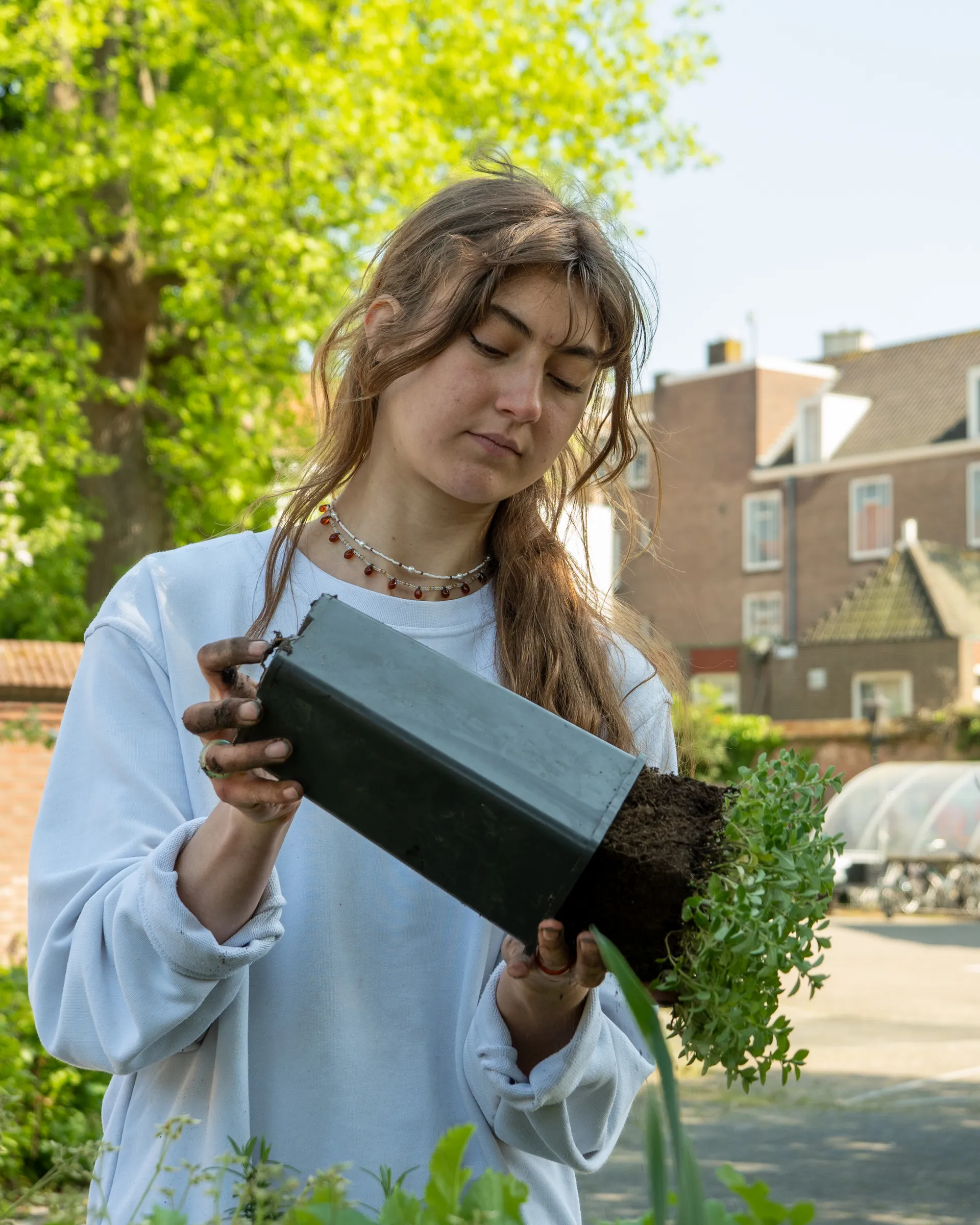
Environment & Sustainability
Environment & Sustainability
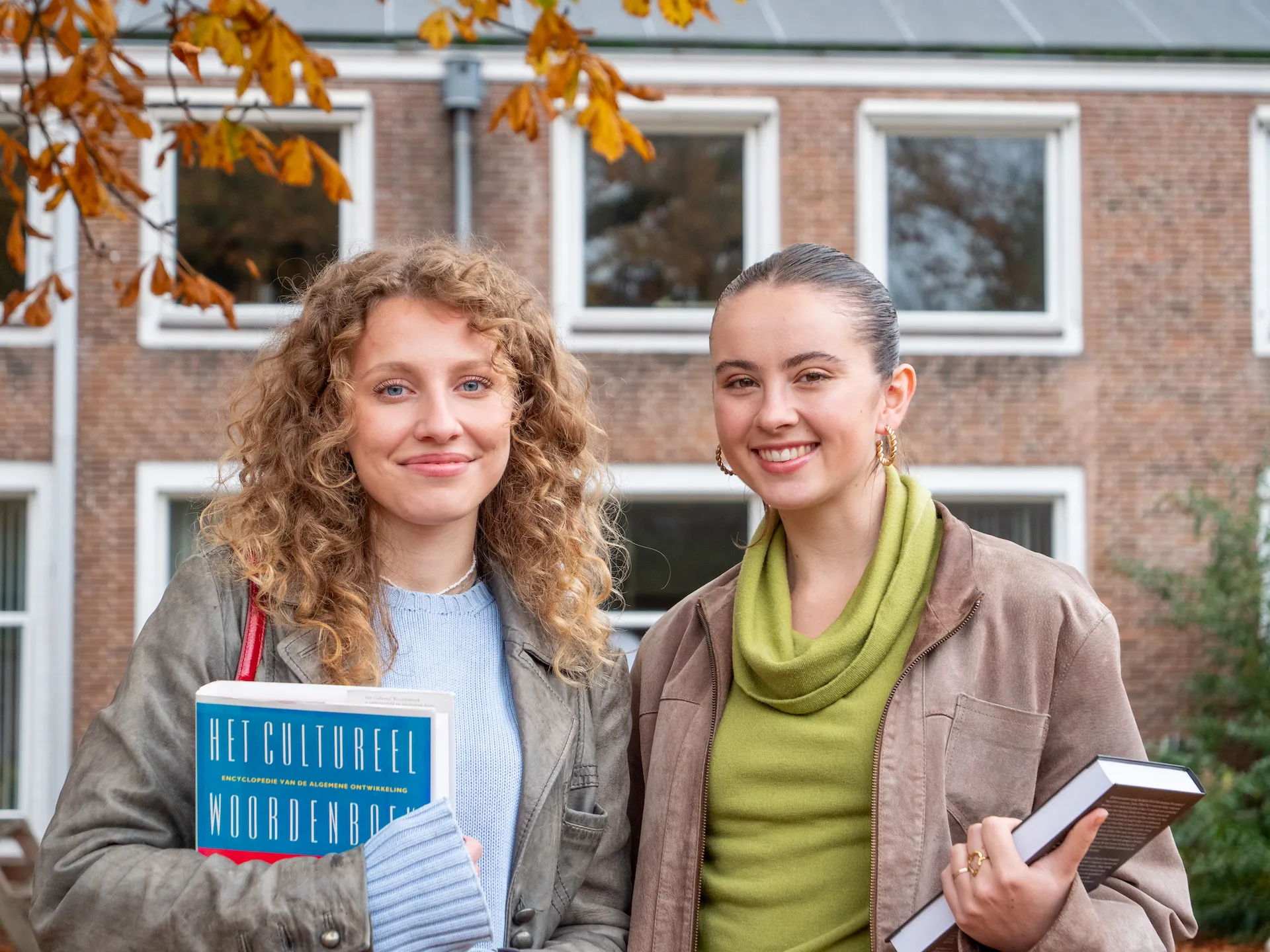
Explore Sociology!
Explore Sociology!
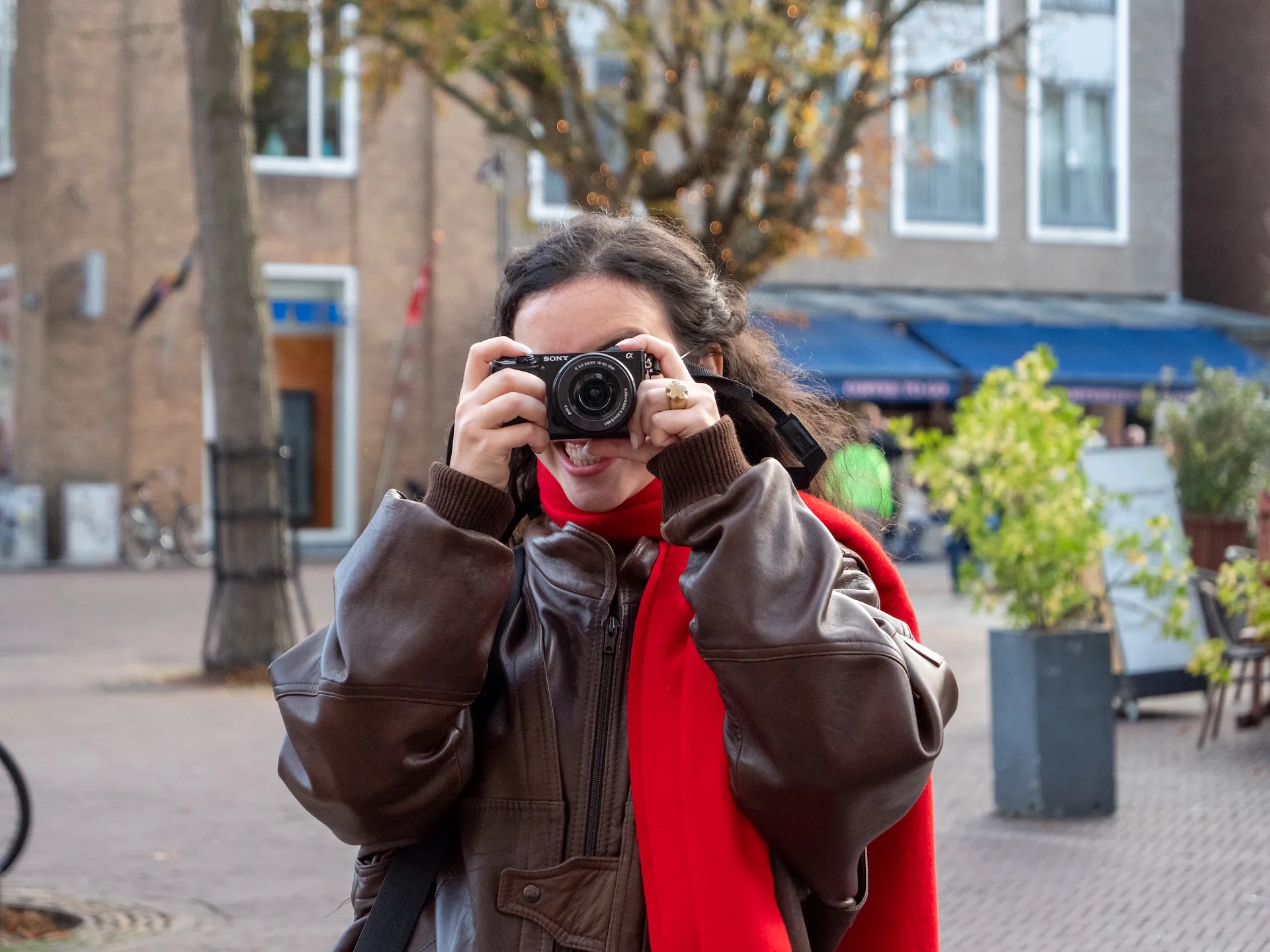
Explore Media!
Explore Media!
The UCR Program Builder is designed to help you easily plan your academic program. Step by step, the tool guides you through selecting courses, building a balanced curriculum, and meeting UCR’s academic requirements.
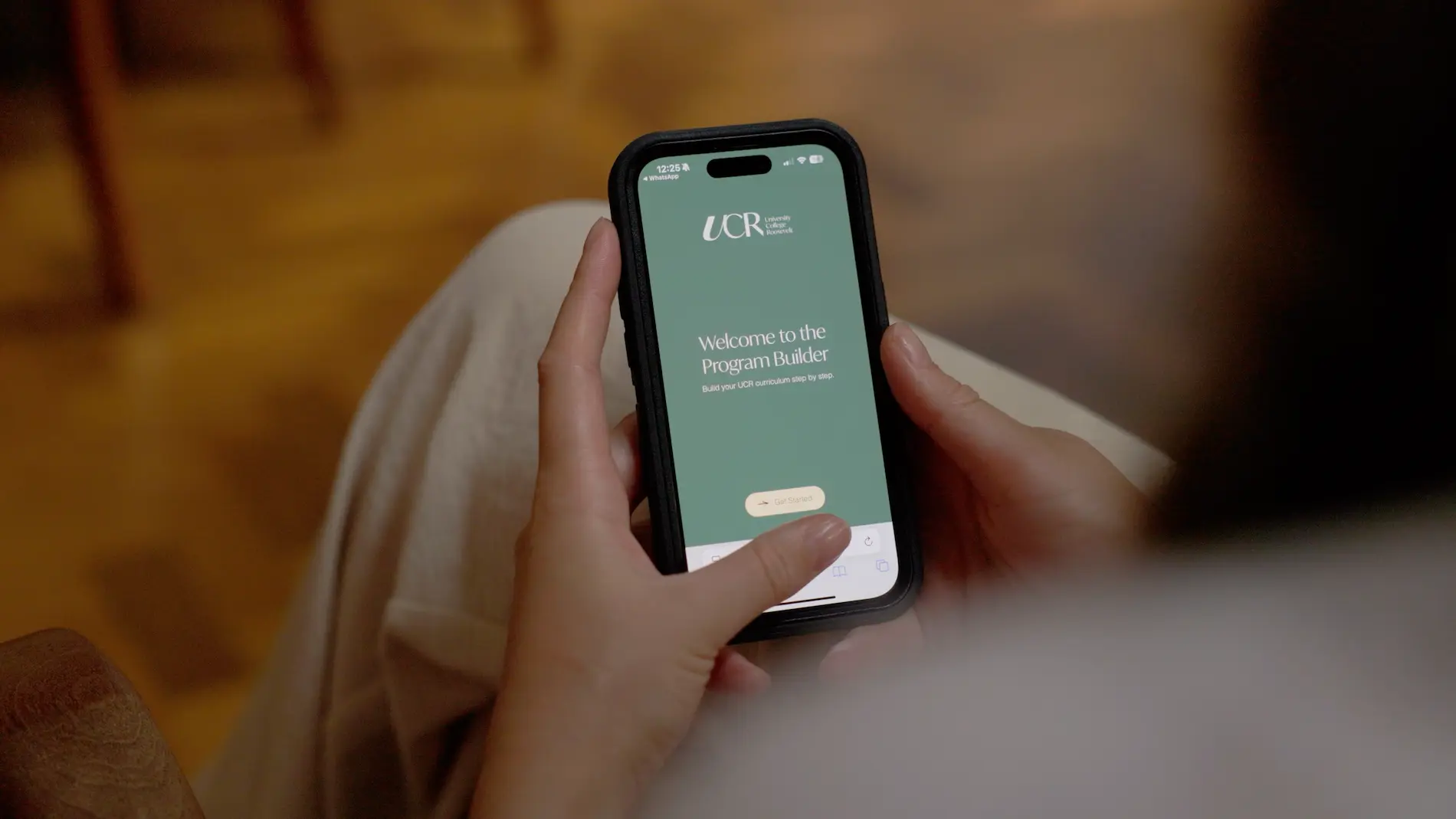
The UCR Program Builder is designed to help you easily plan your academic program. Step by step, the tool guides you through selecting courses, building a balanced curriculum, and meeting UCR’s academic requirements.
